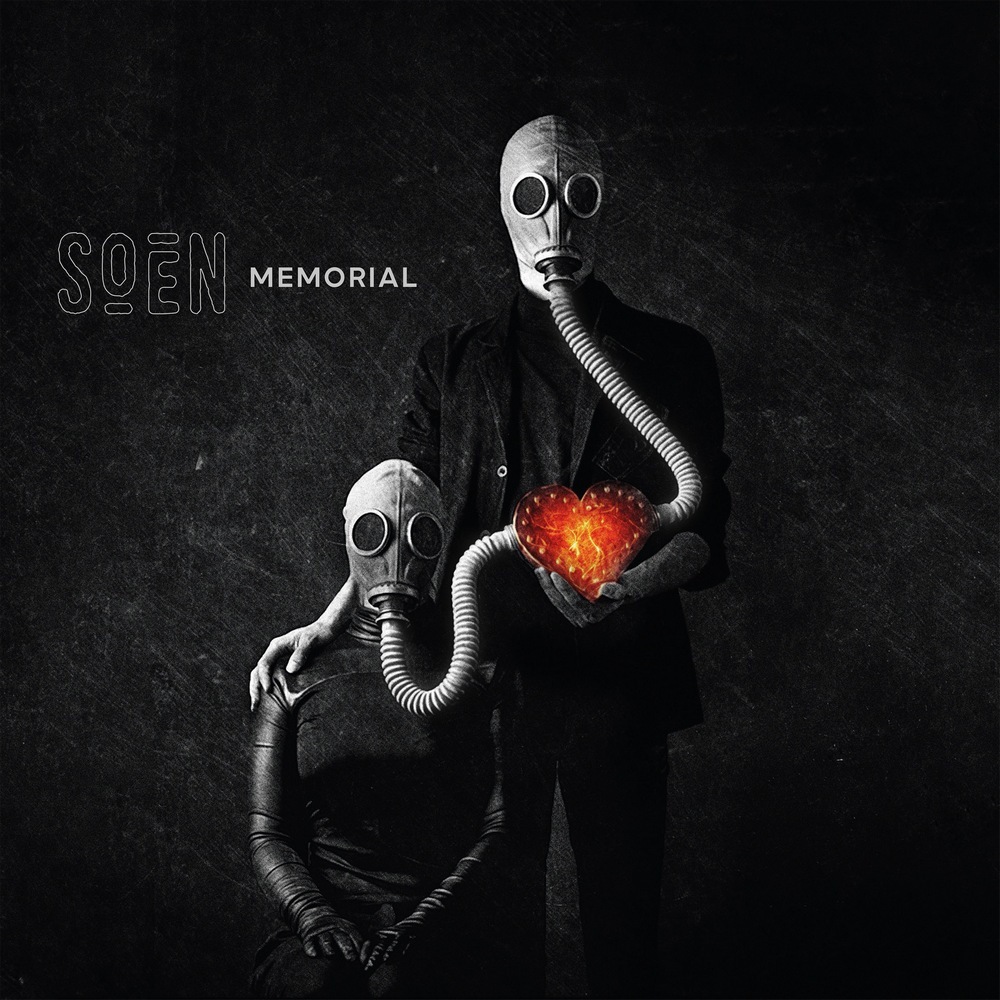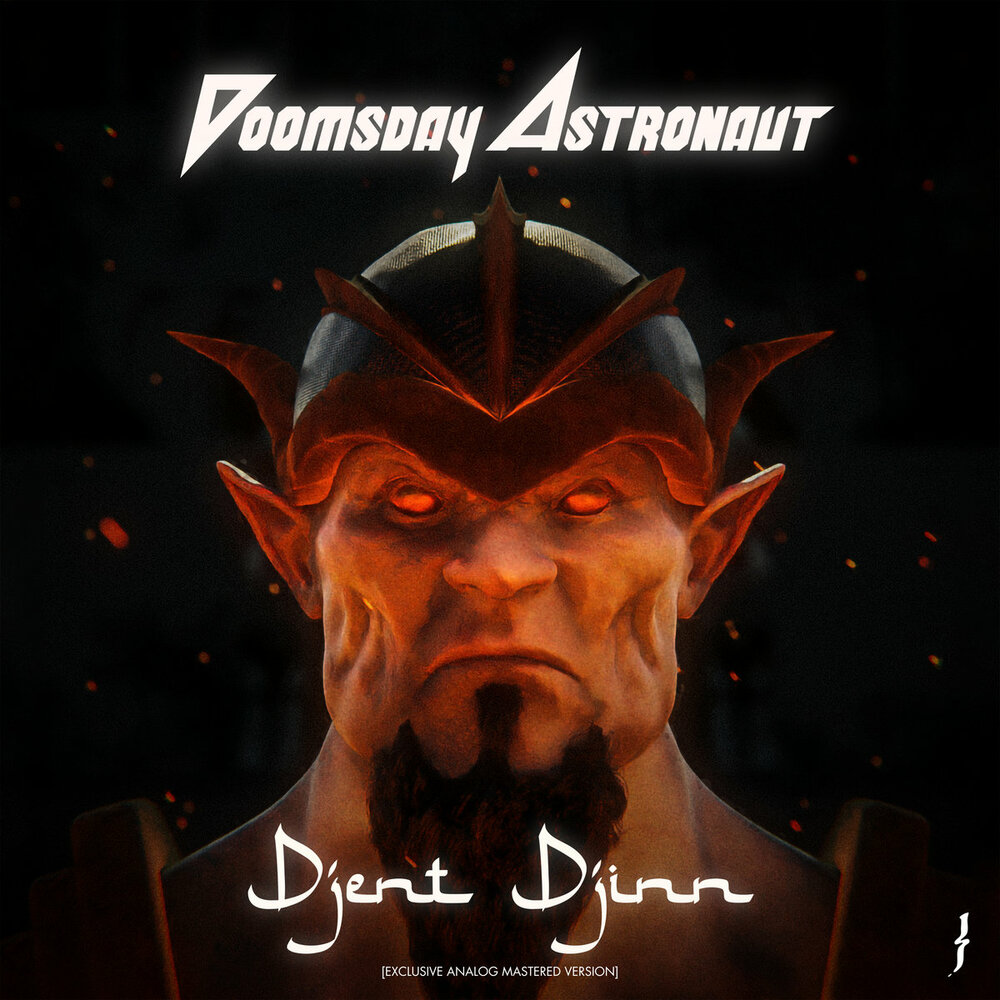 |
Country: USA
Style: Progressive Metal
Rating: 8/10
Release Date: 7 Feb 2025
Sites: Facebook | Instagram | Metal Archives | Official Website | Twitter | Wikipedia | YouTube
My youngest is ecstatic that drummer Mike Portnoy is back in Dream Theater, because he wasn't in the band when we saw them supporting Iron Maiden in 2010. His return coincides with a return to form and a return to a more emphatic mindset with stronger drums and heavier guitars. How much of that is his work and influence is open for debate, given that he only wrote one of the six songs. Guitarist John Petrucci, however, wrote three of them and vocalist James LaBrie the other two. Add an instrumental intro and a sample driven interlude and this is a generous seventy plus minute album that's surely the best and most authentic release Dream Theater have put out in a long time.
After that instrumental, In the Arms of Morpheus, which is enjoyably patient but inconsequential in the grand scheme of things, even at over five minutes, the opening single Night Terror sets the stage very well indeed. It's patient too, running a breath shy of ten minutes and covering a lot of ground in that time. By this point, we've come to expect long instrumental sections that provide various band members with showcase opportunities and, in between them, a vocal section or two that hopefully find and milk strong hooks. We don't get all those things as often as we'd like but it does happen. And it happens here.
The first two minutes of Night Terror are relatively basic for Dream Theater. There's a churn that reminds of Anthrax. Beware the walking dude, right? But then Portnoy plays a patented Portnoy run and we're firmly in business. The vocal sections are decent and the hooks good, but it's when the band starts to jam that things really comes alive. Petrucci doesn't show off too much on this one but does make his presence known. Portnoy has that early moment. Keyboard wizard Jordan Rudess gets plenty of solo time in the second half, one of which is a virtuoso moment. Petrucci is tasked with following it but it's his more sedate soaring that works best.
In short, it all works and that bodes very well for the rest of the album, which I'd say lives up to the challenge. The worst aspect is probably the half hearted attempt at a concept. This isn't a concept album in the traditional sense because these songs don't progress us through a story. However, it does have a concept, merely a thematic one in which the songs explore the same subject matter in different ways, namely the parasomnia of the title, or in less fancy language, the weird disruptive crap that happens in our sleep, like night terrors and an inability to tell if we're asleep or not.
The worst moments for me were the samples, not only in the interlude that's built on samples but within other songs. We're conditioned to see samples that last more than a moment as narrative material and that can work great on a true concept album. Just look at Operation: Mindcrime, an album that I'll come back to shortly. Here, though, there is no progression so the samples have to serve only as ambience, which they don't do when they take over a song like Midnight Messiah at the beginning, so we wonder if that's all we're going to get.
Fortunately it isn't and Midnight Messiah moves on to become an actual song. I particularly enjoy the chorus, when the pace ratchets up, the guitar is vibrant and the hook absolutely spot on. It's a sort of Deep Purple plays speed metal vibe like Space Truckin' with modern production values, but the verses are more sedate, as if a band with this amount of shared technical ability is choosing to play in slow motion.
And that goes double for Bend the Clock, the most atypical song here, which feels far more like a Queensrÿche concept album song (I told you I'd get back to Operation: Mindcrime) than a Dream Theater one. The whole album has been notably heavier but this piece tones all that down for seven minutes and change. Mostly I'd call that a bad thing but the saving grace is Petrucci's extended solo during the second half, which is the tastiest such anywhere on this album. It gets virtuosic towards the end—really, says, the sarcastic devil on my shoulder; on a Dream Theater album?—but it never loses its feel. Even at its most intricate, it builds on melody first and foremost. It's an utterly delightful solo.
But enough of what isn't typical. There's much here that is. A Broken Man starts that, getting all jazzy and sassy around the six minute mark. It's more complex and progressive, the solos there of course but with much more focus on structure and innovative songwriting. Dead Asleep follows in its wake at greater length and even more success, doing much in its eleven minutes. It starts out like an orchestral take on the Tiger Lillies with acoustic guitar, but grows into modern metal with much decoration by Judess's keyboards. It ends in a peaceful Mediterranean lull.
And, much later, after everything else, there's The Shadow Man Incident, the album's true epic, a nineteen minute workout that makes the nine, ten and eleven minute earlier pieces almost seem insubstantial. It may not be the best song here but it's the one that fans will gravitate towards, as it gives abundant opportunity to every band member to showcase their talents and they all have a lot of fun living up to that. It has a classical opening that reminds of Holst's Mars and escalates in wonderful style at seven minutes and change, but it's the instrumental section in the second half that takes it and this entire album home.
Welcome back, Mike Portnoy. With no disrespect to the highly capable Mike Mangini, who did the business for thirteen years, Dream Theater feels whole again.
















